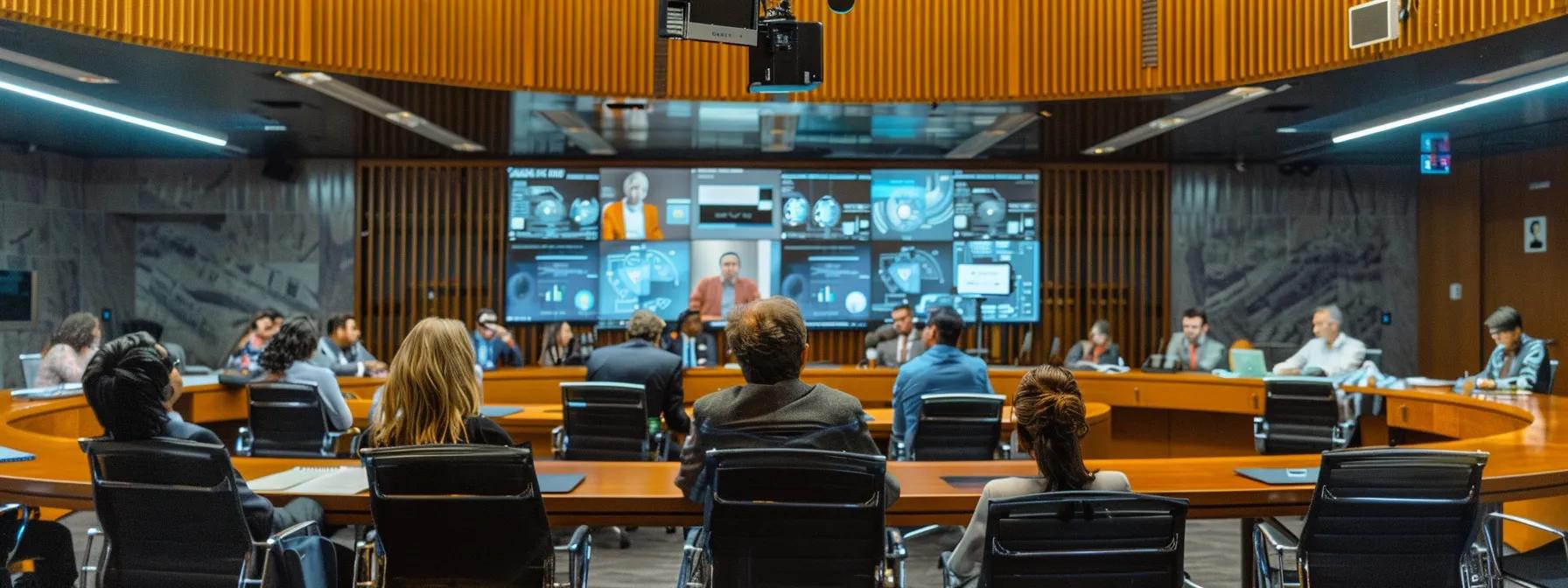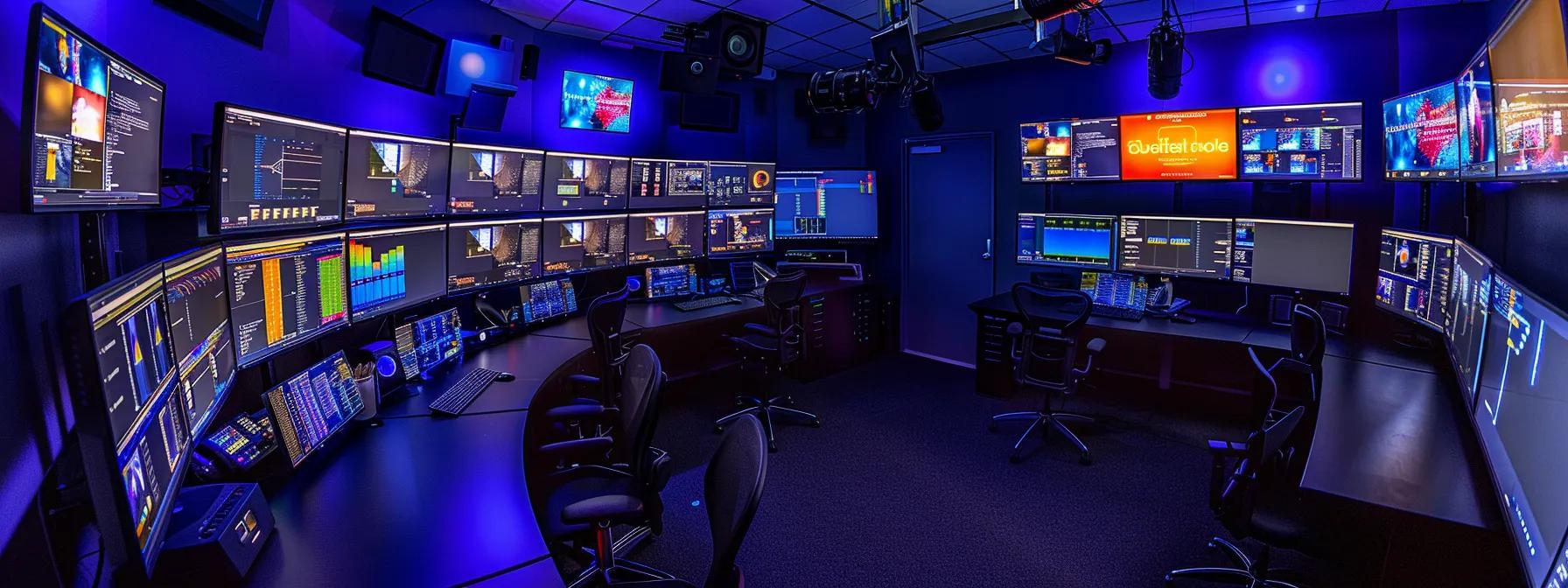7 Ways Managed Network Services Can Help Grow Your Restaurant

In today’s digital age, restaurants are heavily reliant on technology to streamline their operations and provide a better customer experience. As a result, investing in managed network services can significantly improve the way your restaurant functions. Here are seven ways managed network services can help grow your restaurant:
-
Centralize and Integrate Multiple Locations
Restaurants with multiple locations face a unique set of challenges when it comes to managing their network services. By implementing managed network services, you can centralize and integrate all your locations’ critical network components into a monitoring and management system. This simplifies troubleshooting and enables you to focus on the core of your business, growing and improving the guest experience.
-
Keep Your Data Safe
As a restaurant, you handle a lot of customer information, from credit card details to personal contact information. Managed network services can provide essential cybersecurity protections, guarding you against malware, viruses, and spam. By using hardware and software that comply with regulatory requirements, like Payment Card Industry Data Security Standards (PCI Compliance), you can keep your intellectual property and your customers’ data safe.
-
Increase Your Network’s Storage Space
As your restaurant grows, so does the amount of data you need to store. Managed network services can help you better handle the transition and management of larger data sets by pairing you with the best data storage systems to fit your evolving needs. These systems can simplify file access across all your connected devices and team members while keeping you protected from accidental file deletions, unintentional file revisions, and even ransomware attacks.
-
Improve Ticket Speed
Synchronous implementation of network solutions across your organization can help you maintain procedural and operational continuity across the food service chain. Piecing together different solutions across multiple locations increases the likelihood of prolonged system outages and system disruptions. Managed network services can deliver a unified and predictable service by rolling out standardized solutions in sync. With proactive updates and optimizations based on real-time performance metrics, you can maintain a trouble-free network experience and increase ticket speed.
-
Quickly Resolve Network Problems
As a restaurant owner, network problems can negatively impact your business, resulting in missed orders, delayed service, and dissatisfied customers. Managed network services can help you maintain uninterrupted network performance, ensuring you never miss a ticket again. With most issues being addressed remotely, you can identify and diagnose issues within your network immediately, minimizing any impact on your business’s sales.
-
Easier Execution of Business Transformation
The restaurant industry is continually evolving, and keeping up with the rapidly changing market requires investing in digital hardware and software. Owners may find it difficult to navigate this rapidly evolving field of available solutions. Managed network services can help you maximize your investments and achieve superior results for your staff and guests through thoughtful planning and deployment of your technology systems. Restaurants that offer a frictionless experience will achieve improved guest satisfaction, loyalty, and patronage than those that do not.
-
Enhanced Customer Experience & Reduce Waste Through Networked Food and Beverage Tracking
A study of 8,000 consumers by Accenture found that 91% of customers are more likely to do business with a company that offers personalized experiences. Managed network solutions can help restaurants offer personalized experiences by optimizing menus, reducing wait times, and improving overall efficiency. Tracking product demand and sell-through of your food and beverage items can be one of the most critical metrics you monitor in your restaurant’s day-to-day operations. Managed network services can enable you to optimize menus and reduce waste by ensuring proper portions of ingredients are used, enabling you to track inventory levels in real-time, and identifying patterns in customer behavior.
Conclusion:
Managed network services can be a game-changer for restaurants in today’s digital age. With benefits such as centralized and integrated network management across multiple locations, enhanced data security, increased storage space, faster ticket processing, prompt resolution of network issues, streamlined business transformation, and optimized food and beverage tracking, you can significantly improve your restaurant’s performance and customer satisfaction. Investing in management of your network services can help you operate more efficiently and effectively, making it a smart decision for any restaurant owner looking to stay ahead of the competition.
If you’re ready to revolutionize your restaurant’s network infrastructure and take advantage of the benefits of managed network services, contact LogicFortress today. Our team of experts can help you identify the best solutions for your restaurant’s specific needs and ensure that your network is always up and running smoothly. Don’t wait any longer to improve your restaurant’s operations and enhance your customers’ experience – contact us today to learn more!




